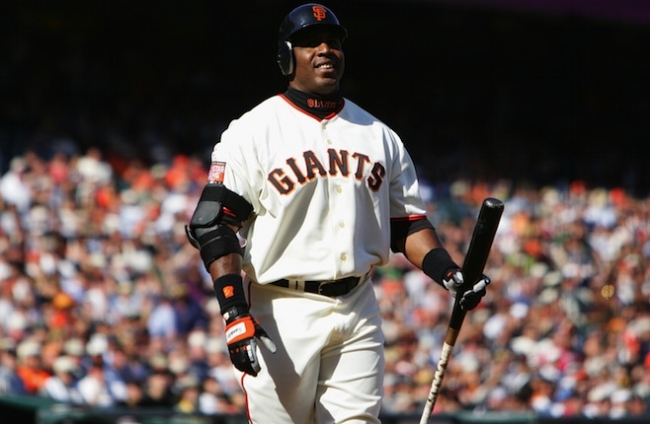Before MLB Network, there was the Baseball Network.
In 1990, CBS agreed to pay $1.2 billion for the rights to broadcast MLB games for the next four years. That deal turned out to be a massive failure for CBS, and by effect, Major League Baseball. After missing out on baseball coverage from 1990-1993, NBC and ABC joined together with MLB to form an incredibly unique venture, The Baseball Network.
Starting its coverage in 1994, The Baseball Network consisted of prime-time games that were produced by MLB itself. The games would switch between NBC and ABC throughout the season. The most important part of the agreement was that no other game could be broadcast on the same day that TBN had rights; it was essentially a monopoly on baseball coverage. Postseason coverage was also split between the networks. In even-numbered years, NBC had the rights to both League Championship Series and the All-Star Game while ABC got the World Series and Division Series. In even-numbered years, the rights were flipped.
The first game broadcast through the venture was the 1994 All-Star Game on NBC. The announcers for the game were Bob Costas, Joe Morgan, and Bob Uecker. Greg Gumbel hosted the pre-game show and Hannah Storm and Johnny Bench were the sideline reporters.
After the All-Star Break, Baseball Night in America kicked off on ABC. These games were regional (unlike Sunday Night Baseball, for instance). 1994 was the first year of expanded playoffs; the previous format of two division winners was changed to three division winners and a Wild Card team. MLB thought that this new playoff setup would result in better matchups late in the year, and therefore, more interest in the team in the region where a baseball fan lived. Like NBC, ABC had a main crew (Al Michaels, Jim Palmer, and Tim McCarver) that called one of the regional games and all their national games.
Baseball dealt its own network a death blow a few weeks after it premiered, when its players went on strike on August 12, 1994. The contract for The Baseball Network was intended to be for six years (NBC executive Dick Ebersol said he hoped it would last for 40). However, by June of 1995, ABC and NBC agreed to end it. The main criticisms for TBN focused on their monopoly of baseball coverage that showed regional games. For example, if you were a Cubs fan in Chicago on a TBN night in which a White Sox game was chosen, you were out of luck. Additionally, playoff games were also carried regionally. NBC or ABC would televise Division Series and Championship Series games at the same time, meaning fans were only given one of those games on the network. This 1995 New York Times article summarizes the breakup well.
The 1995 World Series epitomizes the complexity—and stupidity—of The Baseball Network. As part of their settlement to end TBN, Games 1, 4, and 5 were broadcast by ABC and Games 2, 3, and 6 were televised by NBC—each with their own announcers. Game 5 remains the last MLB game televised by ABC to this day. Game 5 of the 1995 ALDS is likely the most prominent game in the short history of The Baseball Network. Here's Brent Musburger's call of "The Double."








Baseball is here! And more importantly, that means the over/under game is back. It seems as though everyone is an expert this time of year. Somehow we convince ourselves that we are better at predicting baseball outcomes than everyone else. Well, AFITB is putting that to the test for the third year in a row. Think you know more about baseball than us? You probably do. But go ahead and prove it anyway.